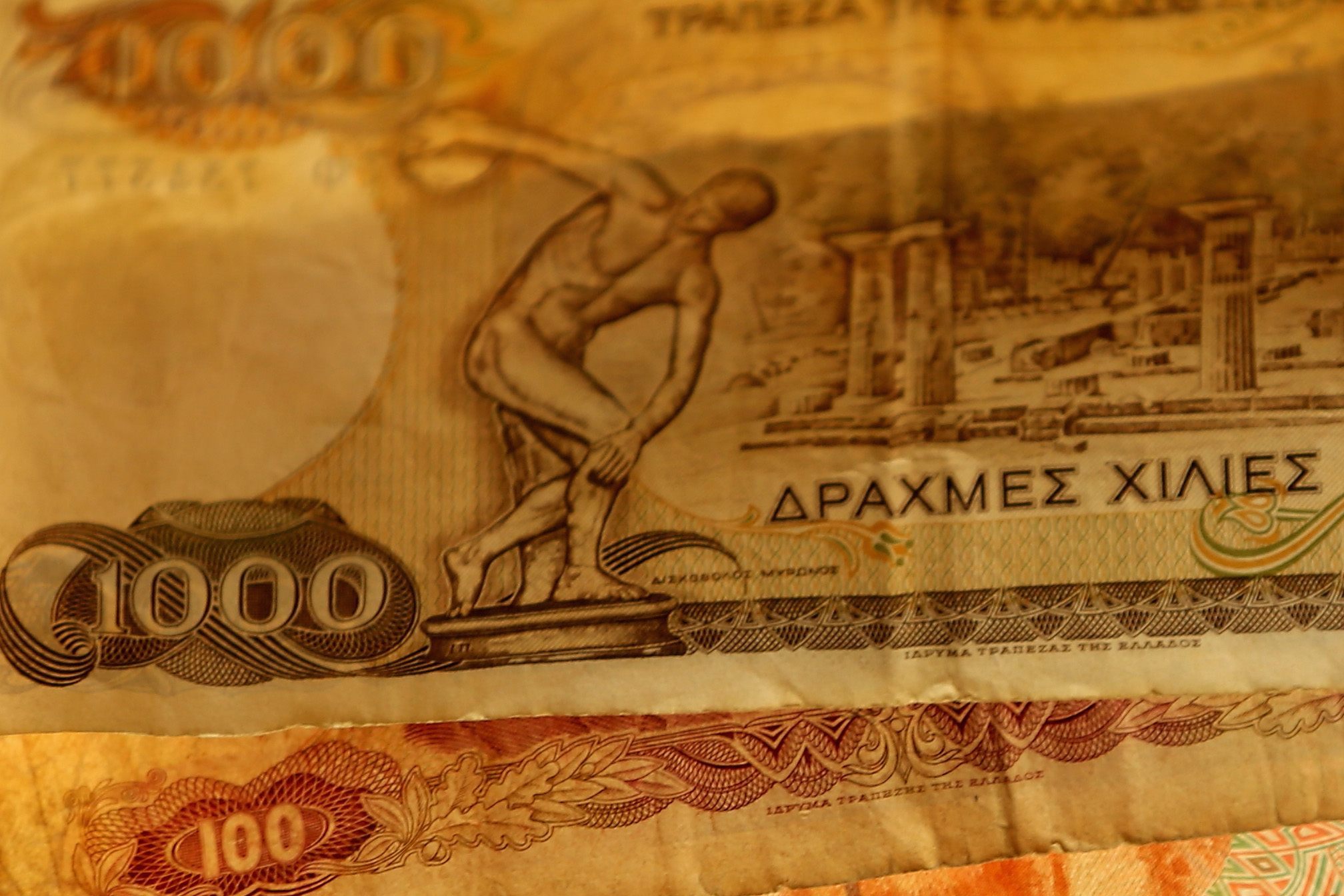Greece should abandon the “catastrophic” euro and return to the drachma, the leader of the country’s new breakaway left wing party has said.
Panagiotis Lafazanis, who served as Energy Minister until he was sacked by Prime Minister Alexis Tsipras, said the Eurozone had “no future” and was leaving Greece “confined within a German financial and social prison.”
He and some fellow radicals broke away from the far-left Syriza party last month to form the even more far-left Popular Unity party. The new bloc strongly opposes any further bailout deal, claiming Syriza betrayed the Greek people by agreeing to new austerity measures.
Speaking to The Times, Lafazanis said: “Syriza abandoned its commitments. But we remain at war with austerity and the ultra neo-liberal policies [pushed by Berlin].”
Greece now faces a snap poll on 20 September after Tsipras resigned and called early elections in an attempt to assert his authority over an increasingly rebellious party. Lafazanis’s new party is currently polling around five per cent, potentially giving them enough seats to be kingmakers in what is looking like a very close election.
“These elections will mark the starting of our ultimate aim which is to win over the support of the majority of the Greek people… as the new bailout programme is doomed to fail,” he added.
A series of polls put the governing Syriza party and the conservative opposition New Democracy virtually neck-and-neck, with Syriza well down on the 36 per cent they received in January’s election.
“The people voted ‘no’ to austerity and they did so under extraneous circumstances: with the banks closed, capital controls in force and people queueing outside ATM machines for hours to withdraw money.
“The will of the people was ignored, chucked outside the window, tossed in a dustbin. That doesn’t spell a reality shift; rather consignment to austerity policies bound to destroy and wipe out the country.”
Popular Unity wants to return to Syriza’s original platform of opposing all austerity measures, creating more public sector jobs and bringing industry under state control.
“Nationalisation shouldn’t be seen as a scary concept. Britain did it for some of its banks [in 2008]. All it takes is a political decision. And while the will is there from our part… Greece’s exit from the euro can only happen if the majority back it.”
